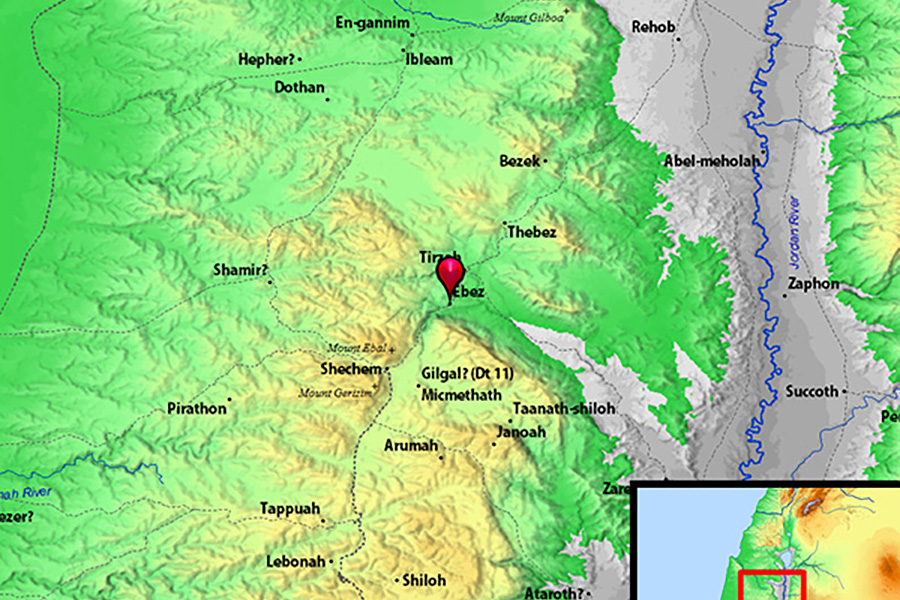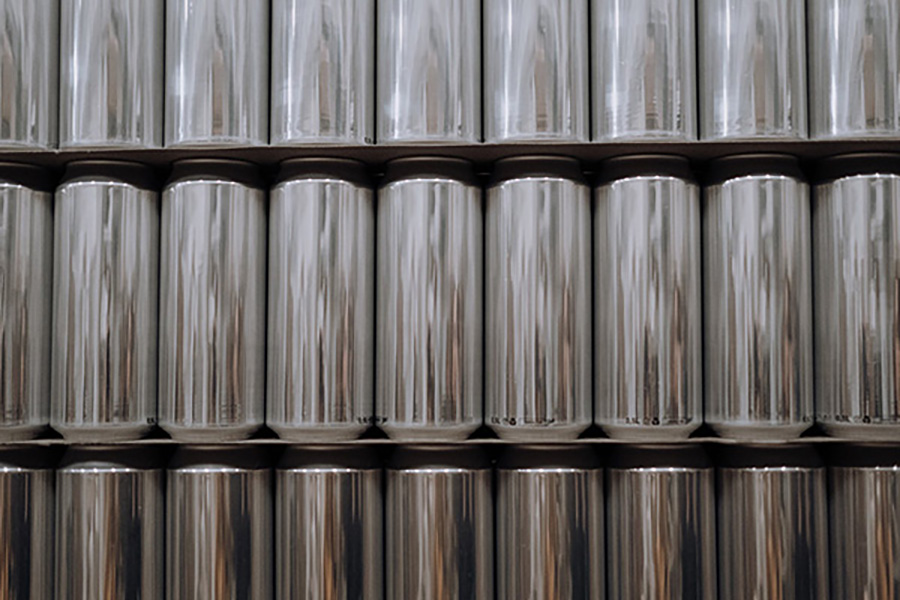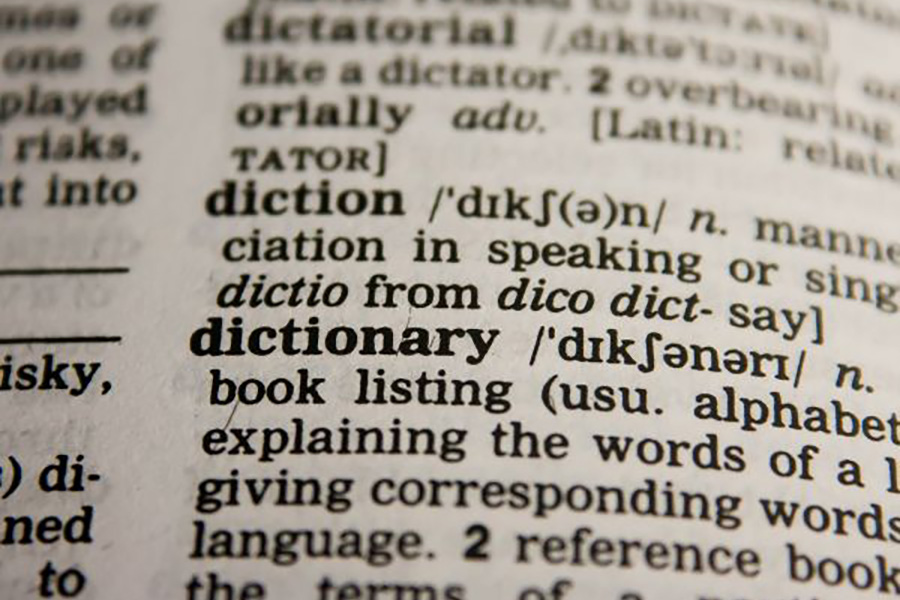The word abats (𐤀𐤁𐤑) means “zinc” meaning a piece of this metal used as an element in a voltaic cell.
The Paleo-Hebrew language or the original language of the Ābarayam is one spoken with an emphasis on the rauakh (breath, wind, spirit). With the language of the Ābarayam, each letter has a meaning and a number associated with it that adds meaning to each word they’re used with. Below you will be able to learn more about the letter in Ancient Hebrew, Yiddish Hebrew, Greek, and much more.
Letter Meanings
| Letter | Meaning |
|---|---|
| 𐤀 (a) – ah | Ox, strength, leader Prefix: Turns word into first-person |
| 𐤁 (b) – ba | House, family, “in” |
| 𐤑 (ts) – tsa | man on his side, snare, correct trail, need, desire, hunt, wait |
| Ābarayat Number | 93 = 1 (a) + 2 (b) + 90 (ts) |
| Hebrew Gematria | |
| English Gematria | |
| Simple Gematria |
Based on the meaning of the letters the word could be defined as:
- “leader of family to correct trail”
- “strength of house to hunt”
Definitions for 𐤀𐤁𐤑 / abats
| Language | Word | Transliteration | Pronunciation | Definition |
|---|---|---|---|---|
| Ābarayat | 𐤀𐤁𐤑 | abats | aw-bats | a city in Yashashakar |
| English | zinc | zinc | zingk | |
| Hebrew | אֶבֶץ | Ebets | eh’-bets | a city in Issachar |
| Arabic | خارصين | kharsin | kharaw-seen | across |
| Greek | ψευδάργυρος | pseudargyros | se-dar-gee-ros | zinc |
Important Note
𐤀𐤁𐤑 (Abats, meaning “tin”, or “white”) rendered as Ebez or Abez, was a town in the allotment of the tribe of 𐤉𐤔𐤔𐤊𐤓 (Yashashakar), at the north of the 𐤉𐤆𐤓𐤏𐤀𐤋 (Yazaraāal) Valley, or plain of 𐤌𐤂𐤃𐤅𐤍 (Magadauan) or Esdraelon. According to the 1915 International Standard Bible Encyclopedia (1915), the location is not known. It is mentioned only in 𐤉𐤄𐤅𐤔𐤅𐤏 (Yahauashauaā) 19:20, where various manuscripts of the Septuagint render it as Rebes (Ancient Greek: Ῥεβὲς), Aeme, or Aemis. It is mentioned on the façade of the Mortuary Temple of Ramesses III at Medinet Habu as Apijaa.
Images for 𐤀𐤁𐤑 / abats



Definitions for 𐤀𐤁𐤑𐤉 / abatsay
When adding the 𐤉 (yad) to the end of a word, it creates a possessive of the original word. It can either signify “my…” or identify a member of a nation. For example, 𐤏𐤁𐤓 (Ābar) is the progenitor, but 𐤏𐤁𐤓𐤉 (Ābaray) is the singular descendant of him also known as a Hebrew.
| Language | Word | Transliteration | Pronunciation | Definition |
|---|---|---|---|---|
| Ābarayat | 𐤀𐤁𐤑𐤉 | abatsay | aw-ba-tsey | zinc |
| English | zinc | zinc | zingk | |
| Hebrew | ||||
| Arabic | ||||
| Greek |
Images for 𐤀𐤁𐤑𐤉 / abatsay


Definitions for 𐤀𐤁𐤑𐤉𐤌 / abatsayam
When adding the 𐤌 (mayam) after the 𐤉 (yad) to the end of a word, it creates a plural of the original word. It can identify multiple members of a nation. For example, 𐤏𐤁𐤓 (Ābar) is the progenitor, but 𐤏𐤁𐤓𐤉𐤌 (Ābarayam) are the plural descendants of him also known as Hebrews.
| Language | Word | Transliteration | Pronunciation | Definition |
|---|---|---|---|---|
| Ābarayat | 𐤀𐤁𐤑𐤉𐤌 | abatsayam | aw-bats-yawm | zincs |
| English | zincs | zincs | zingks | |
| Hebrew | ||||
| Arabic | ||||
| Greek |
Images for 𐤀𐤁𐤑𐤉𐤌 / abatsayam


Definitions for 𐤀𐤁𐤑𐤉𐤕 / abatsayat
When adding the 𐤕 (tau) after the 𐤉 (yad) to the end of a word, it creates a plural of the original word. It identifies the language or a sign of a nation’s existence. For example, 𐤏𐤁𐤓 (Ābar) is the progenitor, but 𐤏𐤁𐤓𐤉𐤕 (Ābarayat) is the language of him also known as Paleo-Hebrew language.
| Language | Word | Transliteration | Pronunciation | Definition |
|---|---|---|---|---|
| Ābarayat | 𐤀𐤁𐤑𐤉𐤕 | abatsayat | aw-bats-yawt | zincic |
| English | zincic | zincic | ˈziŋkik | relating to, containing, or resembling zinc |
| Hebrew | ||||
| Arabic | ||||
| Greek |
Images for 𐤀𐤁𐤑𐤉𐤕 / abatsayat


Classification
You can continue your studies of the words by viewing Strong’s entries for:



